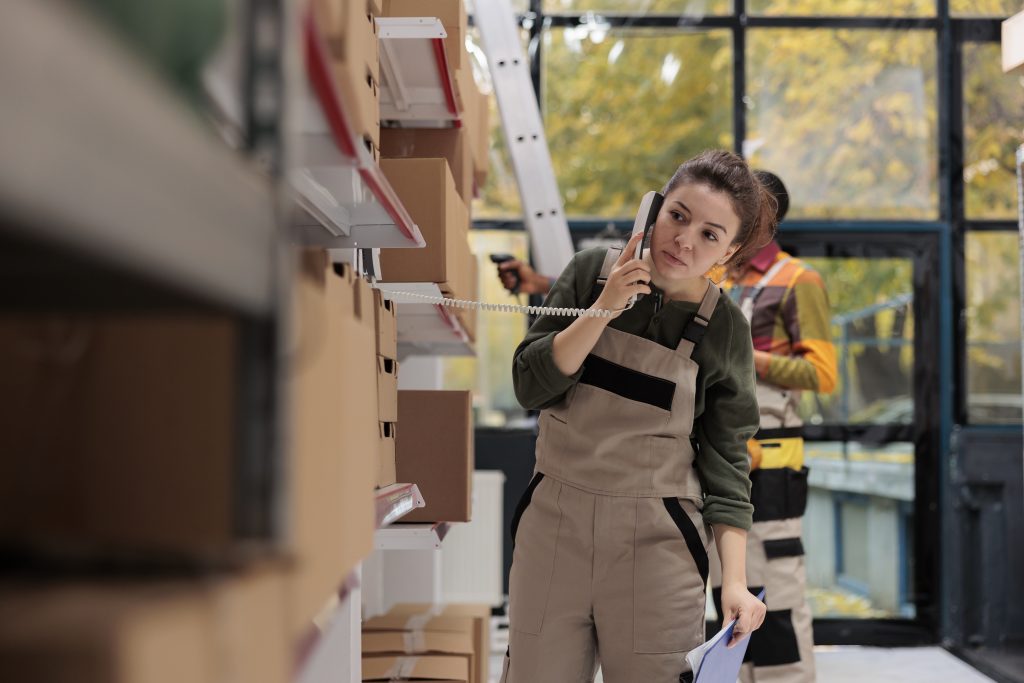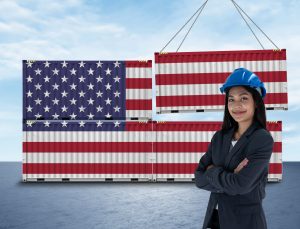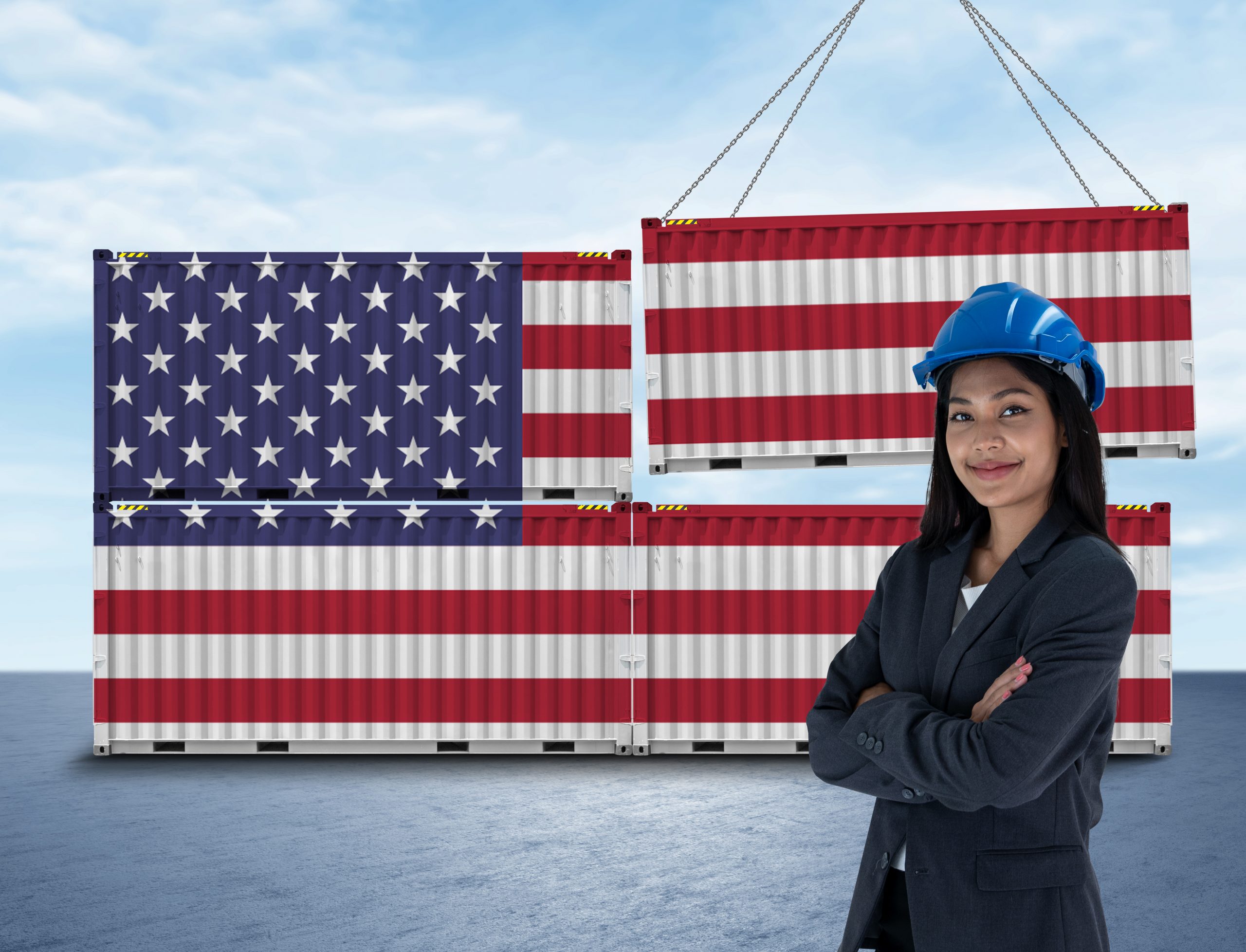Importing goods into the U.S. can feel overwhelming, especially if you’re a small business owner managing everything on your own. No trade team. No import department. Just you, your ideas, and your hustle.
But here’s the good news: you don’t need a full trade team to import smartly. With the right steps and a bit of expert help, you can stay compliant, avoid costly mistakes, and even save money along the way.
Here’s how small businesses can import like the big players without the big team.
Why Small Businesses Struggle With Imports
Let’s start with the challenges. Small businesses face a few common hurdles when importing:
- Limited knowledge of customs rules
- Hidden fees and surprise duties
- Complex paperwork
- Slow delivery times
- Tariff changes that come without warning
All of these can cost you time and money. But knowing how to manage them is half the battle.
Tip #1: Start with a Customs Broker (Yes, Even if You’re Small)
Many small businesses mistakenly believe customs brokers are only for large corporations. But that’s far from the truth.
A customs broker is your behind-the-scenes guide. They handle the hard stuff—like tariff classification, paperwork, and compliance. You stay focused on running your business.
Benefits of hiring a broker like Clearit USA:
- Accurate paperwork = no delays
- Tariff planning = cost savings
- Expert support = fewer mistakes
- Peace of mind = better focus on sales and growth
For more insights, explore our guide on hidden costs in importing.
Tip #2: Know Your Product Code (HTS Code)
Every imported product has a Harmonized Tariff Schedule (HTS) code. That code decides how much duty you’ll pay.
Get it wrong, and you could:
- Overpay on tariffs
- Delay your shipment
- Face fines or audits
Clearit USA can assist with accurate classification. While the U.S. International Trade Commission’s HTS tool is available, it can be difficult to navigate without expert guidance.
Tip #3: Understand U.S. Tariffs and Duties
Tariffs change often, especially with global tensions and trade negotiations.
Small businesses were particularly impacted during recent U.S.-China and U.S.-Canada trade disputes, often without prior notice. Suddenly, their costs jumped overnight.
What to do:
- Keep an eye on trade news (or follow our blog for updates)
- Ask your broker about current tariffs on your products
- Consider alternatives: can you source from a tariff-free country?
Tip #4: Plan for All Costs, Not Just Product Price
The biggest mistake new importers make? Only budgeting for the product itself.
Here are the real costs to consider:
- Duties and tariffs
- Freight and shipping fees
- Insurance
- Warehousing or storage
- Customs broker fees
When you plan for all of these upfront, your margins won’t suffer later.
Tip #5: Use Incoterms® to Your Advantage
Incoterms® are international trade terms. They decide who pays for what during shipping.
Pick the wrong one, and you might end up with surprise costs at the port.
Common Incoterms® small businesses use:
- FOB (Free On Board) – You pay when it ships
- DDP (Delivered Duty Paid) – The Seller covers most costs, but it’s usually more expensive
- EXW (Ex Works) – You handle everything from pickup to delivery
Choosing the right Incoterm® can help you stay in control and avoid hidden charges.
Tip #6: Watch for Tariff Refund Opportunities
Did you know you might be eligible for duty drawbacks?
If your imported goods are returned, destroyed, or re-exported, you may be able to claim a tariff refund.
Most small businesses don’t know this and leave money on the table.
Tip #7: Always Stay Compliant
Customs compliance isn’t optional. Fines, delays, or even seizures can happen if:
- You misdeclare your goods
- You underpay for duties
- You used the wrong paperwork
A customs broker ensures your shipments stay compliant. It’s not just about avoiding penalties; it’s about staying in business.
Tip #8: Build a Reliable Supply Chain
Importing is more than just buying and shipping. You need a strong supply chain.
What to look for in partners:
- Honest communication
- Clear pricing
- Knowledge of shipping regulations
- Ability to provide documentation quickly
Working with reliable freight forwarders, suppliers, and customs brokers can reduce surprises and speed up delivery times.
Tip #9: Stay Updated—Trade Moves Fast
Global trade moves quickly. A tariff today could be gone tomorrow. New paperwork rules can appear overnight.
The best way to stay ahead?
- Subscribe to Clearit USA’s blog and email alerts
- Follow U.S. Customs (CBP) announcements
- Stay in touch with your customs broker
Knowledge is your best defence.
Our 2025 U.S. import tariffs guide offers a comprehensive overview of recent developments.
Final Tip: Don’t Be Afraid to Ask for Help
You’re not expected to know everything about importing. That’s what trade experts are for.
Even if you’re a one-person operation, you don’t have to go it alone.
Clearit USA works with small businesses every day. Whether you ship once a month or every week, we’re here to guide you, save you money, and help you grow.
A Quick Recap for Small Importers:
- Hire a customs broker to avoid mistakes
- Know your HTS codes and tariffs
- Budget for all import-related costs
- Pick the right Incoterms®
- Look into duty refunds
- Always stay compliant
- Keep your supply chain strong
- Stay informed and adapt
Conclusion
Just because you don’t have a trade team doesn’t mean you can’t import like a pro. With a bit of planning and the right partners, you can keep your costs low, your goods moving, and your business growing.
Ready to simplify your next import?
Clearit USA is here to support small businesses every step of the way.






